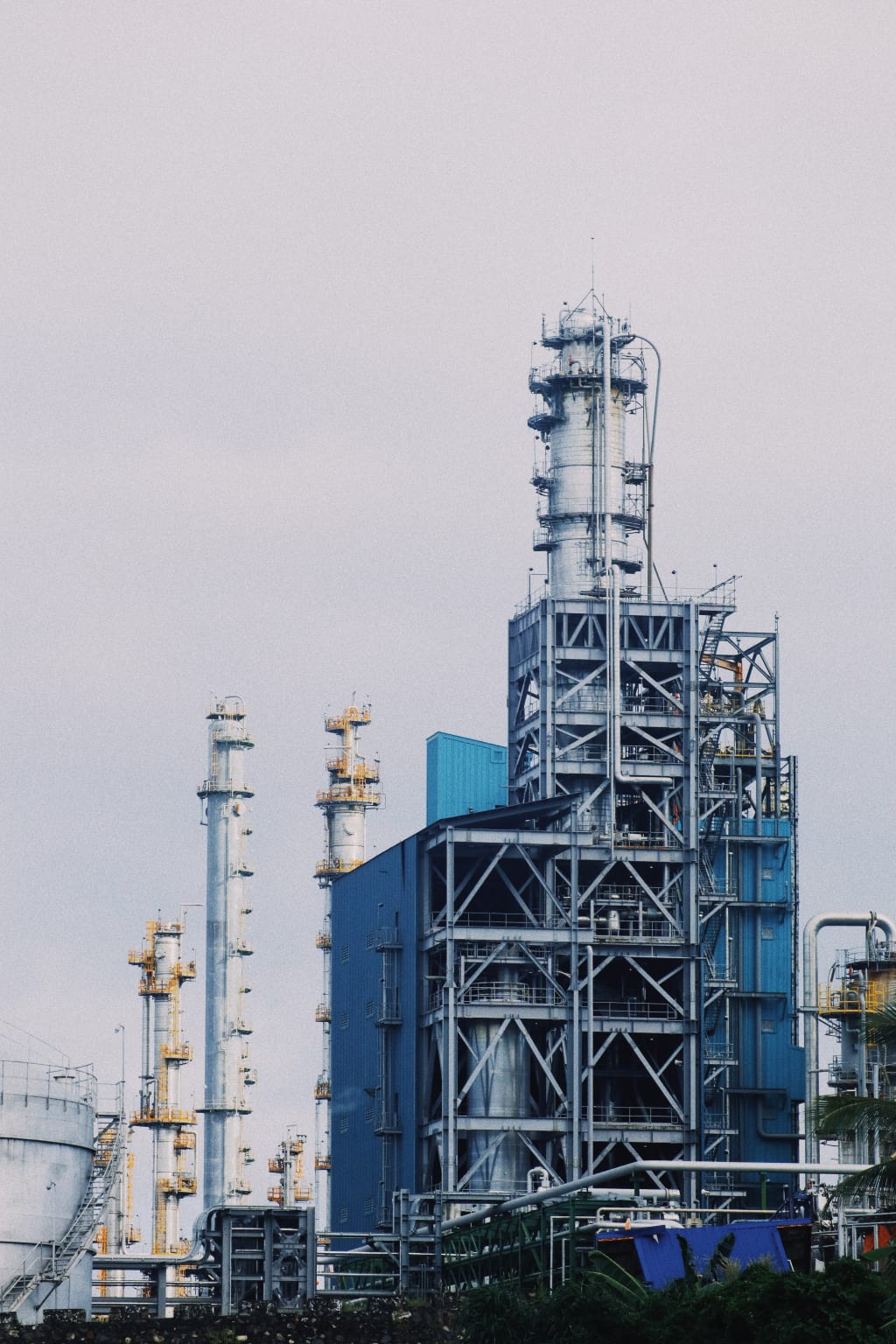What does the petroleum industry do? Is the petroleum industry a good career?
The main benefit of petroleum and The problem in petroleum

What does the petroleum industry do?
The petroleum industry is involved in the exploration, extraction, refining, and distribution of oil and natural gas. These activities can be divided into several different sectors:
- Exploration: This involves the search for oil and natural gas deposits using techniques such as drilling, geophysical surveys, and geochemical analyses.
- Extraction: Once a deposit is discovered, the oil or natural gas is extracted from the ground using drilling or other methods.
- Refining: After it is extracted, the crude oil or natural gas must be refined into usable products, such as gasoline, diesel fuel, heating oil, and various chemicals.
- Distribution: The finished products are then distributed to customers through pipelines, tankers, and other transportation methods.
The petroleum industry plays a significant role in the global economy, as oil and natural gas are widely used as sources of energy in transportation, manufacturing, and other sectors. However, the extraction and use of these fossil fuels also have environmental impacts, including air pollution and greenhouse gas emissions, which have led to efforts to reduce reliance on these energy sources and increase the use of renewable alternatives.
What is the main benefit of petroleum?
Petroleum, which is a fossil fuel consisting of a mixture of hydrocarbons, is a highly valuable resource because it is an efficient and widely available source of energy. Some of the main benefits of petroleum include:
- Energy density: Petroleum has a high energy density, which means that it contains a large amount of energy in a relatively small volume. This makes it an efficient and convenient source of energy for transportation and other applications.
- Versatility: Petroleum can be refined into a wide range of products, including gasoline, diesel fuel, heating oil, and various chemicals, which makes it a versatile source of energy.
- Wide availability: Petroleum deposits are found in many parts of the world, making it a widely available source of energy.
- Portable: Petroleum is a liquid, which makes it easy to transport and store.
- Ease of use: Petroleum products, such as gasoline, are easy to use and do not require complex infrastructure or specialized equipment to generate power.
Overall, the main benefit of petroleum is that it is a highly efficient and widely available source of energy that can be used in a variety of applications.
Is petroleum industry a good career?
The petroleum industry can be a good career choice for individuals who are interested in working in the energy sector and have the necessary skills and education. The industry offers a wide range of career opportunities, including positions in exploration, extraction, refining, and distribution, as well as support roles in areas such as engineering, finance, and management.
Some potential advantages of a career in the petroleum industry include:
- Good pay: Many positions in the petroleum industry offer competitive salaries and benefits packages.
- Job security: The demand for energy is expected to continue to grow in the coming years, which may provide job security for workers in the petroleum industry.
- Career advancement opportunities: The industry offers a wide range of career paths, with opportunities for advancement as you gain experience and education.
However, it's important to keep in mind that the petroleum industry also has its challenges, including the potential for hazardous working conditions, exposure to hazardous materials, and the need to work in remote locations. It's important to carefully consider the pros and cons of a career in the petroleum industry before making a decision.
Why is petroleum a problem?
Petroleum, which is a fossil fuel consisting of a mixture of hydrocarbons, is a valuable resource because it is an efficient and widely available source of energy. However, there are also a number of problems associated with the production and use of petroleum:
- Environmental impacts: The extraction and refining of petroleum can have significant environmental impacts, including air pollution, greenhouse gas emissions, and the potential for spills and accidents.
- Climate change: The burning of fossil fuels, including petroleum, is a major contributor to climate change, as it releases carbon dioxide and other greenhouse gases into the atmosphere.
- Dependence on fossil fuels: Many countries are heavily dependent on petroleum as an energy source, which can make them vulnerable to price fluctuations and supply disruptions.
- Political instability: Some countries with large reserves of oil and natural gas have experienced political instability and conflict due to the economic and strategic importance of these resources.
Overall, while petroleum is a valuable resource, there are also significant problems associated with its production and use, which have led to efforts to reduce reliance on fossil fuels and increase the use of renewable energy sources.
For more information : Click here
About the Creator
Being Inquisitive
Blogging can provide a creative outlet for expressing your thoughts, feelings, and ideas. It can be a way to share your passion and interests with others and to engage with like-minded individuals.






Comments
There are no comments for this story
Be the first to respond and start the conversation.